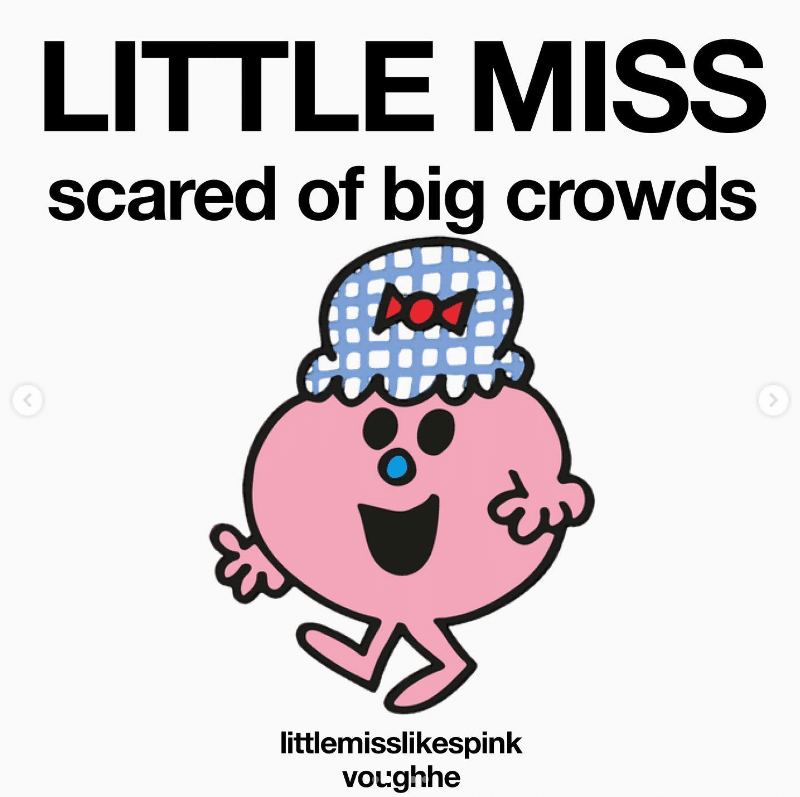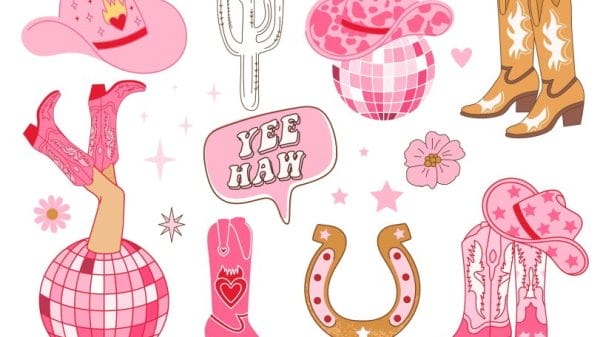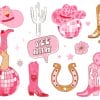Memes in the style of Roger Hargreaves’s ‘Mr. Men’ and ‘Little Miss’ illustrated children’s books have recently taken social media by storm. The trend encourages girls and women to have a self-deprecating sense of humor about their everyday insecurities, bad habits, and funny quirks. But is that all?
On platforms like Instagram and Twitter, creators of the meme have taken ‘Little Miss’ book covers and edited them with a funny or relatable tagline. For instance, ‘Little Miss talks too loud,’ or ‘Little Miss scared of the dark.’ While most internet memes target niche communities, this phenomenon, with its interactive appeal, has engaged a much broader audience.
The trend’s personal and repeatable nature means that individuals and brands all over social media have been reposting the ‘Little Miss’ images that perfectly fit their personalities. Or better yet, making their own suggestions for the meme.
Why ‘Little Miss’?
The trend seems to have come directly after a similarly feminine meme involving the ‘American Girl Doll’ brand. Like the ‘Litte Miss’ movement, it encourages people to make funny suggestions for new children’s products targeting a very specific (usually adult) niche. For example, ‘We need an American Girl Doll who went to college in 2016.’
The unique thing about these crazes is their popularity specifically among girls and women. For instance, there are thousands of memes about female quirks and issues under the ‘Little Miss’ heading, but coming across one in the ‘Mr. Men’ format is the online equivalent of finding a needle in a haystack.
The humor of the meme arguably comes from the child-like nature of Hargreave’s illustrations. This, when combined with the painfully relatable descriptions, creates a kind of shock-humor effect that contrasts childhood innocence with the trials of modern womanhood. In other words, the infantilization of everyday feminine struggles, AKA the ‘Little’ in ‘Little Miss’, is the meme’s punchline.
Little Miss Who?
The ‘Little Miss’ trend is, for the most part, a harmless joke allowing girls to normalize their personal quirks and flaws. However, while many of the memes have a positive relatable aspect to them, some of them, which deal with topics like mental health or toxic relationships, could be a cause for concern.
Whether or not you agree that humor can help to alleviate more serious struggles, you have to admit that it is strange how the trend, which bases itself on a book series for boys and girls, is tailored only toward the latter. But even with that question aside, why does it focus more on common insecurities than confidence building? The short answer is – it’s just funnier that way.
However, with all of this in mind, plus the few negative responses to the meme, such as the Tiktok above, it makes you wonder: is the trend ultimately destined to be ‘Little Miss Short-Lived?














